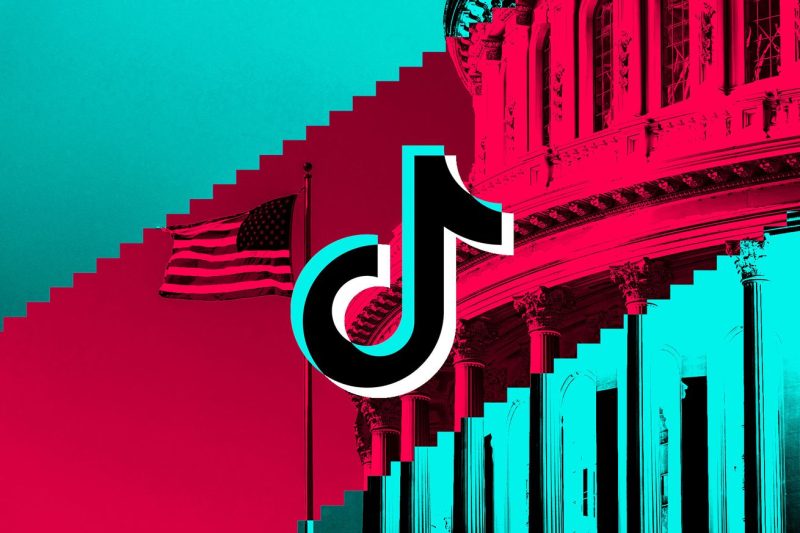In the realm of social media sharing, TikTok is making headlines once again, but this time it’s not just for viral dance challenges or lip-syncing videos. The popular app now finds itself at the center of a legal battle that could have far-reaching implications for free speech on digital platforms. TikTok is making its first amendment case, asserting its rights to host content without government interference.
The case arose following a series of executive orders issued by the United States government in an attempt to ban TikTok due to national security concerns. One executive order, signed by former President Donald Trump, sought to effectively shut down TikTok unless it was sold to a U.S.-based company. These orders threw TikTok’s future into uncertainty and raised important questions about the boundaries of government regulation in the digital age.
TikTok responded by challenging the executive orders in court, arguing that they violated the company’s rights under the First Amendment. This move is significant as it marks TikTok’s first formal legal challenge based on free speech principles. The company asserted that the government’s attempts to ban the app were a form of viewpoint-based discrimination and constituted a violation of its users’ rights to express themselves freely on the platform.
The legal battle between TikTok and the government raises broader questions about the role of social media platforms in facilitating public discourse. As digital spaces increasingly become the primary arenas for social and political debate, the issue of free speech online has become more urgent than ever. Platforms like TikTok play a crucial role in shaping public opinion and enabling diverse voices to be heard, making it essential to safeguard their ability to operate independently and without undue government interference.
While the outcome of TikTok’s legal challenge remains uncertain, the case has already sparked important conversations about the intersection of technology, free speech, and government regulation. The outcome of this case could set a precedent for how other social media platforms navigate similar challenges in the future and could have significant implications for the broader digital landscape.
As TikTok continues to fight for its right to operate freely and without censorship, the case serves as a reminder of the important role that social media platforms play in enabling free expression and fostering public discourse. It highlights the need to strike a balance between protecting national security interests and upholding the fundamental right to free speech in the digital age. The outcome of this case will likely shape the future of online speech and set a crucial precedent for how governments interact with social media platforms going forward.

